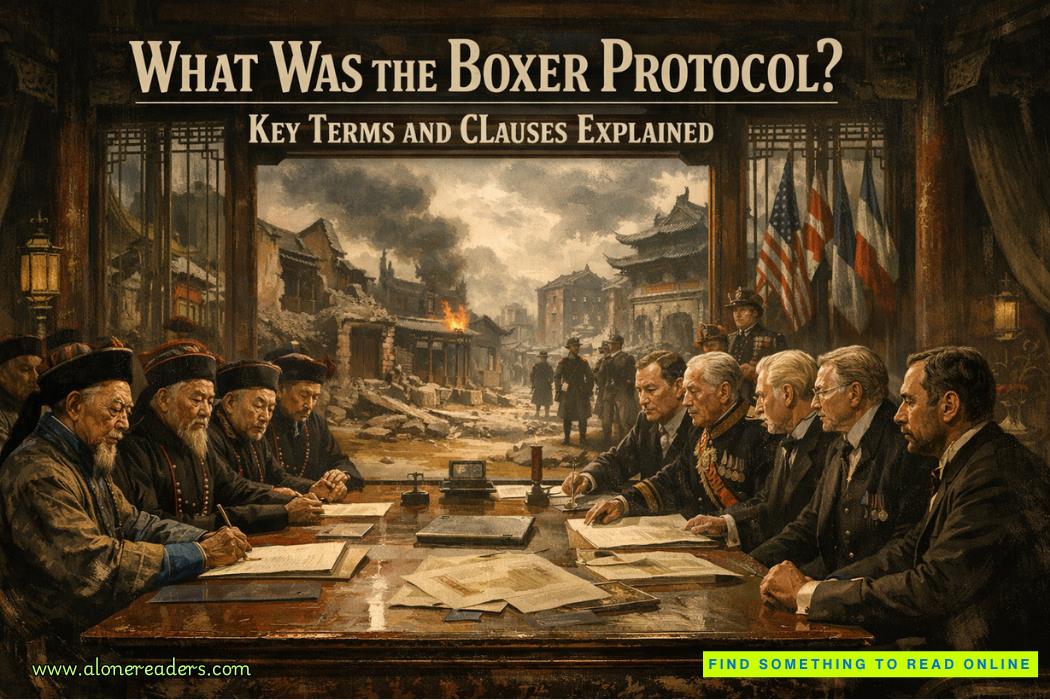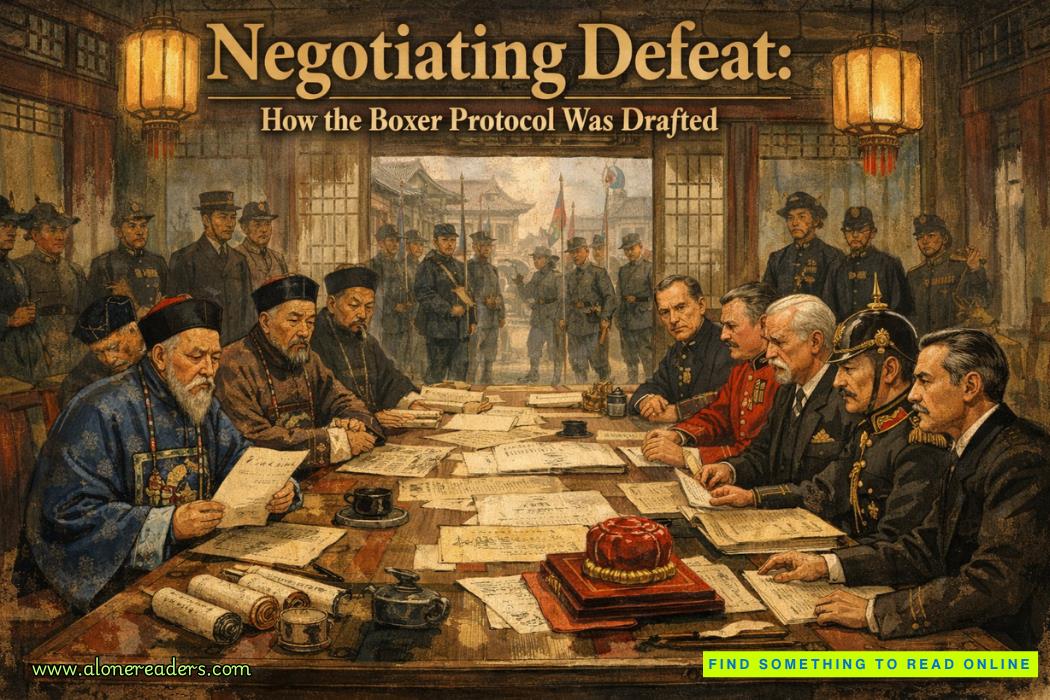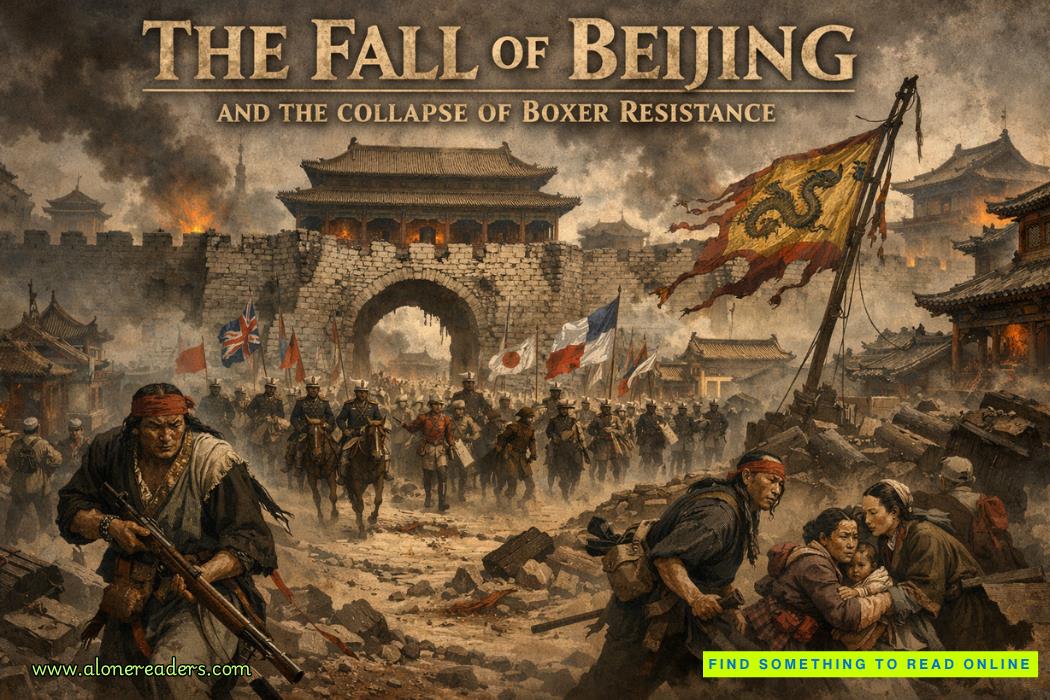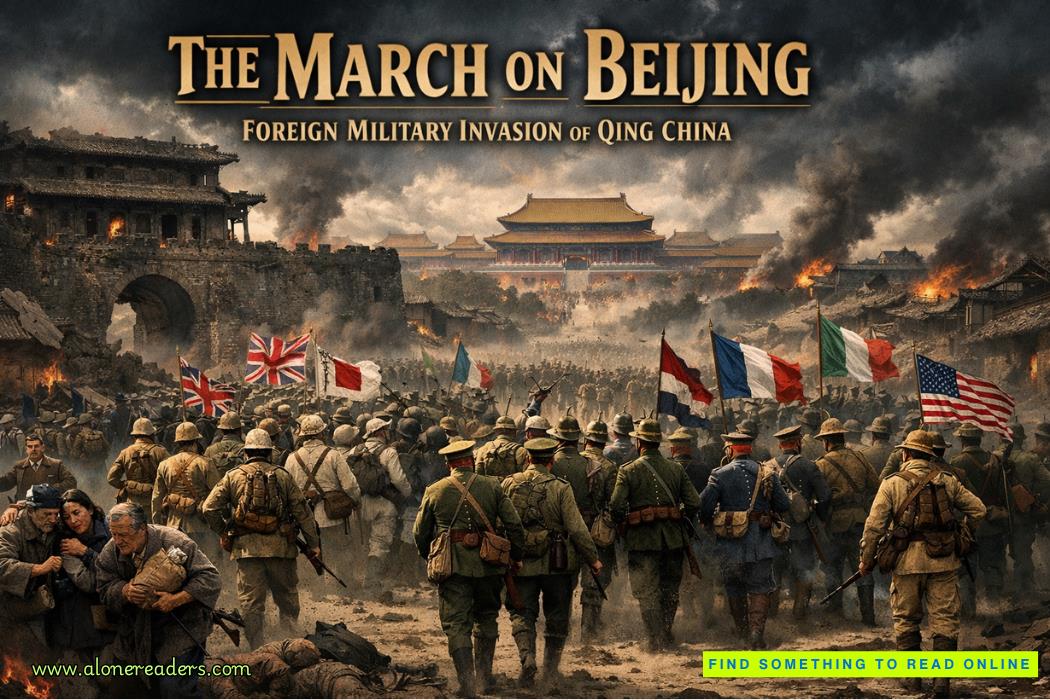“Byall, do you mean your family and Solomon’s?” I wasn’t sure whom he was including in this statement.
“And you, Solange. Of course, you, too.”
I felt a sense of relief wash over me.
The Haggadah and the less valuableZemirotbook were precious to me because they represented a lasting connection to my mother. But I believed those books also had a destiny all their own. They were what had initially brought me to the Armels, and I was willing to sell them if it could save those I loved.
“Of course, I’ll sell the book if it can ensure us all safe passage.”
“I know this is not an easy choice for you to make, Solange. Especially not knowing what has happened to your father.”
I looked down at the floor. It had now been months since I heard from my father. And the radio broadcasts all reported that the area where his military hospital had been located had been heavily bombed.
“I know I wouldn’t want my daughter to be alone in Paris. I’d want her to go where she’d be safe.”
“Yes, that’s why he wanted me to move in with my grandmother...” I nodded my head. “My safety was his only concern before he had to go.”
“And that is why Alex asked you to come stay with us. It is human nature to want to protect those we love.”
Monsieur Armel’s words affected me, and I struggled to fight back my tears. “I’m so happy my mother left me such an important gift. Who knew one book could save so many lives?”
Monsieur Armel’s color had returned to him. He stood up and embraced me, and I could feel the warm pulse of his heartbeat pressing into mine.
***
That afternoon, I went into the guest bedroom where I had been staying and unwrapped the Haggadah. I held it in my hands. Its weight had always felt substantial to me, but now it seemed even heavier, infused with a deeper meaning.
I looked over the illustrations once again, lifting the dry, yellowed pages one by one. I remembered how Alex had explained many of them when we were alone. The stylized depictions of the matzo and the plate of the bitter herbs; the drawings of the plague of locusts, darkness, and the death of the firstborn. The colors of red, blue, and gold on the figures were still surprisingly vibrant even after so many centuries.
As I continued to turn the pages, the story of the Israelites’ journey from Egypt was not lost on me. If Monsieur Armel managed to negotiate the sale of the Haggadah, I knew the money would be used toward our own exodus. My suitcase remained underneath the bed where I now slept. I was ready to leave whenever Monsieur said the word.
***
Every day that passed, the tension escalated. It was the last week in May and the shops were nearly empty, the grocers having nothing to offer. As the cherry blossoms fell to the ground, we looked at the sky and prayed the Germans would hold off their bombing. But our prayers were not answered.
Just as we were finishing lunch on June 3, the air-raid sirens began to sound. The noise was blaring. We could hear an ominous rattle in the sky, and we knew we had only minutes to get to the bomb shelter across the street.
All I remember was Monsieur Armel, shouting: “Now!” Alex and I, unable to speak, locked eyes for a split second before we all jumped up from our seats. We left everything where it was: the bread on the table, the radio still broadcasting the news. Everyone realized there was nothing more important than getting out of the apartment building alive. No one mentioned a single rare book or my priceless Haggadah. We just rushed out of the apartment, and as the sky went from blue to dark gray, all we could do was hope we got inside the hatch before the city was engulfed in a blaze of red.
Once inside the dark, damp chamber, we saw the flickering offlashlights and families crouched together. I kept close to Alex, grateful to have a warm and comforting body next to me.
In the corner, I saw a mother trying to soothe her small children, while not far from them two older boys, around nine or ten, were debating whether it was better to die by bombing or by poison gas.
“Gas,” one of them finally decided. “There wouldn’t be any blood,” he said pragmatically. The other one nodded, as if impressed with his friend’s practical reasoning.
Inside, I had a pit in my stomach. What had the world become that children were now discussing their own death, as though it were a menu option? As I looked around and saw the blank faces clustered amongst us, I realized that our emotions might be the first thing we are forced to abandon in war. That the numbness that engulfed our senses was the only way we could sustain ourselves against all the chaos.
***
Hours later, when we were told it was safe to return to our apartments, we stepped out of the open hatch and into the light. Our eyes had become so used to the darkness, that now the sunlight threatened to blind us.
The roads were paved with broken glass and debris. Store windows were shattered and streetlights were pulled out from the pavement like rootless trees.
As Monsieur Armel steadied himself on Alex’s arm, we all looked in the direction of their apartment building, breathing a sigh of relief that it still stood intact. We began to make our way back, the shards of broken glass crushing under the soles of our shoes.
***
Although the apartment had not been damaged in the bombings, we all remained quite shaken. Many buildings were not as lucky, andsmoke could be seen rising from the neighboring destruction. Torn curtains floated out of broken windows, like apparitions. A broken desk, cleaved in half, managed to find its way into the street, perhaps thrown from a building during impact. Around us, debris floated like a flock of dying birds.















